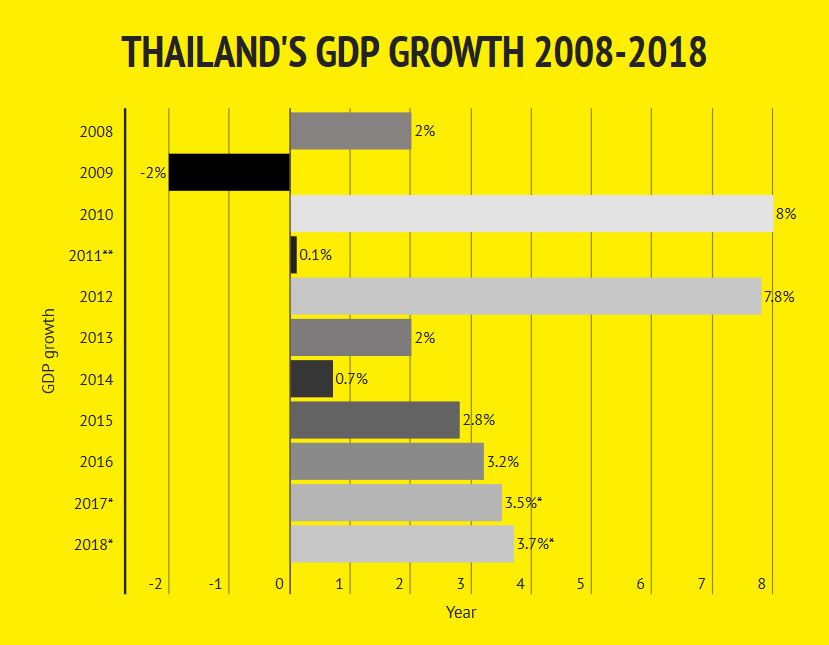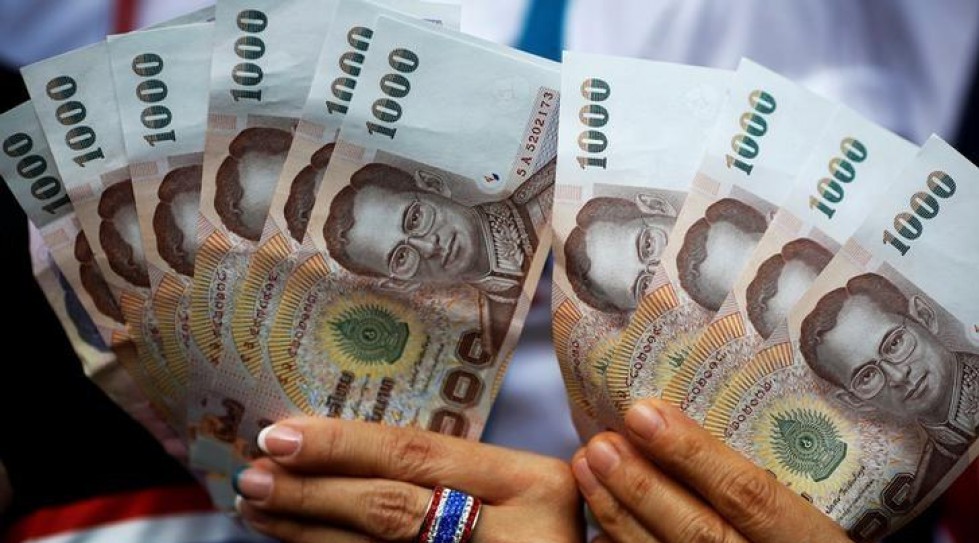To maximise their success at the bargaining table, negotiators should maximise their power.
At the bargaining table, a negotiator’s primary objective is to reach the best possible outcome, be it a higher salary, additional accessories when purchasing a car, or acquiring a company at a lower price.
No matter what one negotiates about, the single most reliable predictor of the outcome is the amount of power one has. Although having power is important for many reasons, there are two fundamental ways in which power benefits negotiators.
Power transforms people into bold negotiators
The first benefit of power is that it emboldens individuals, making them more confident, optimistic and proactive.
Power increases the probability that people consider negotiating in the first place due to higher feelings of entitlement and confidence that a positive result can be achieved.
Those who have power also set higher aspiration prices, make more ambitious first offers and claim more value from their opponents. This is important because the size of the first offer and which party moves first or second in a negotiation both influence the quality of the outcome. Indeed, research has shown that those who have more power are more likely to make the first offer in a negotiation and end up with better deals.
Power shields negotiators from the tactics of the other side
The second way power benefits negotiators is by protecting or shielding them from attempts by others to influence them. Power can increase personal resilience towards what is going on in the environment. For example, those who have more power are less likely to conform to the opinions of others than those who have less power.
Having power also makes negotiators less susceptible to the strategic influence tactics of the other side.
Research suggests that, for instance, having power reduces the likelihood that facing an angry counterpart (as opposed to a happy one) would lead to larger concessions, or that a negotiator would fall prey to deliberate sympathy appeals of those with less power.
The four horsemen of negotiator power
Given the vast benefits of having power in a negotiation, knowing how to acquire it is crucial. In our article, “The four horsemen of power at the bargaining table” in the Journal of Business & Industrial Marketing, we identified four important sources of power, where they come from, and how they help (and sometimes hurt) negotiators at the bargaining table.
In our article, we define power in negotiations as the probability that an individual will influence the negotiation towards his or her ideal outcome. The four most important sources of power that can increase a negotiator’s chance of reaching his or her ideal outcome are alternatives, information, status and social capital.
The first horseman of power: alternatives
The strength of one’s alternative, or best alternative to a negotiated agreement (BATNA), is probably the most important source of power. When negotiators have an attractive outside offer going into a negotiation, they are less dependent on the other party to reach their objectives than when they have an unattractive alternative or no alternative at all. A valuable alternative offer allows a negotiator…
About the author
INSEAD Knowledge is the expert opinion and management insights portal of INSEAD, The Business School for the World. Knowledge showcases the latest business thinking and views from award-winning faculty and global contributors








